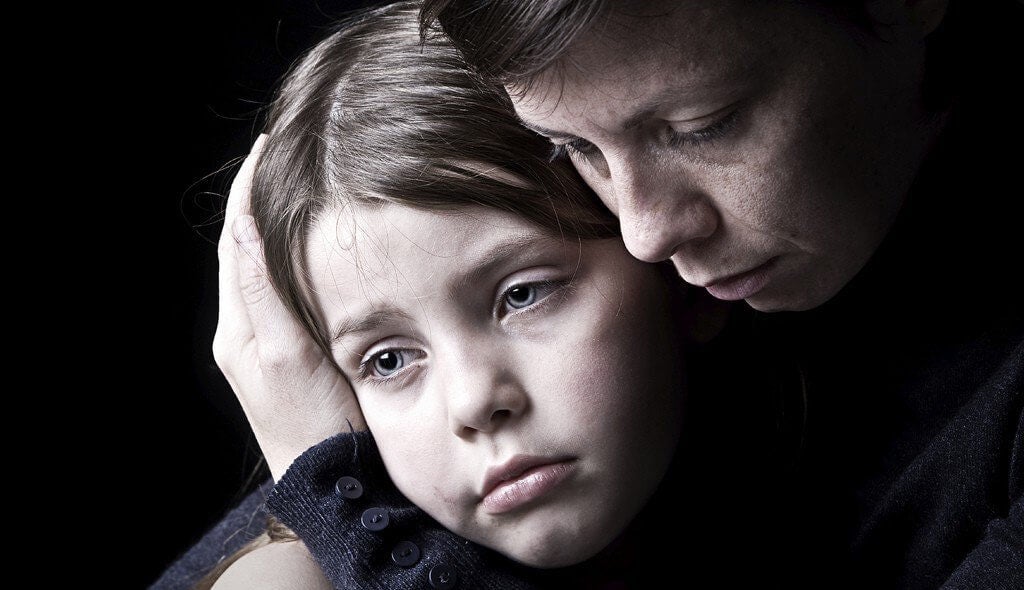Depression is a problem that affects many people, the lifestyle we lead, the inability to effectively solve the difficulties and circumstances in which we have to live can make us more prone to depression, this disease leaves marks, makes it impossible and is bad But does this only happen in adults?
“The scale of human experience includes feeling sad, but the experience of depression, an extreme feeling of sadness, despair and helplessness, is not a healthy feature of human emotions. “Deborah Serani?
- We believe that only adults are affected by this disease.
- But the truth is that children can also develop it.
- It is known as pediatric or childhood depression and their symptoms are very different from those experienced by adults.
- Imagine: it is much more difficult for children to control their emotions than for adults.
- Mainly because they are still new to their experience of emotions and because areas of self-control are not yet fully developed in brain.
If you’re already surprised to think that children might develop this disease, imagine thinking about the possibility that a baby may also be a victim, but how can a baby suffer from this disorder?In these cases, there may be a clear genetic component, and if the mother has suffered postpartum depression, this can have an impact on the baby.
When a baby suffers from depression, some of the symptoms that can draw our attention are crying and eating problems. A baby generally has no trouble eating and his or her crying has a specific purpose: physiological needs, discomfort or pain. difficulties in these areas and symptoms are severe, this can be a case of childhood depression.
Another sign that can worry us is the lethargy that the baby shows, in general, babies are active, they move, babble and are very curious, when they do not, they always look tired, are not active or have a lost eye. you should start to worry This is not a normal state.
A depressive baby does not smile, does not respond to stimuli, does not react if left with strangers, is still in a state of continuous apathy.
Is it strange that a baby has this disease? The truth is that this is not a situation that occurs very often, although its symptoms can go unnoticed and, subsequently, end in childhood, there the signs are more evident, although very different from adults.
As parents, it is very important that we pay attention to all possible signs that may reveal that our child is not well, is sadder than usual and is not a happy child. Sometimes the work and concerns of adults?they make us treat our child’s sadness as a small thing, or we simply attribute it to mood swings or emotional changes because of the age he’s in.
If we don’t help children, depression can get worse as they get older. Therefore, it is very important to recognize some of the symptoms that affect children and indicate a problem of pediatric depression.
“One in 33 children may suffer from depression. -Center for Mental Health Services.
All these symptoms need to spread over time in order for it to be a serious and non-temporary problem, but even more important is to seek a professional in case of doubt or in the presence of any of these symptoms. For a long time. The sooner the problem is identified, the sooner we can stop it, because depression is not easy at all.

